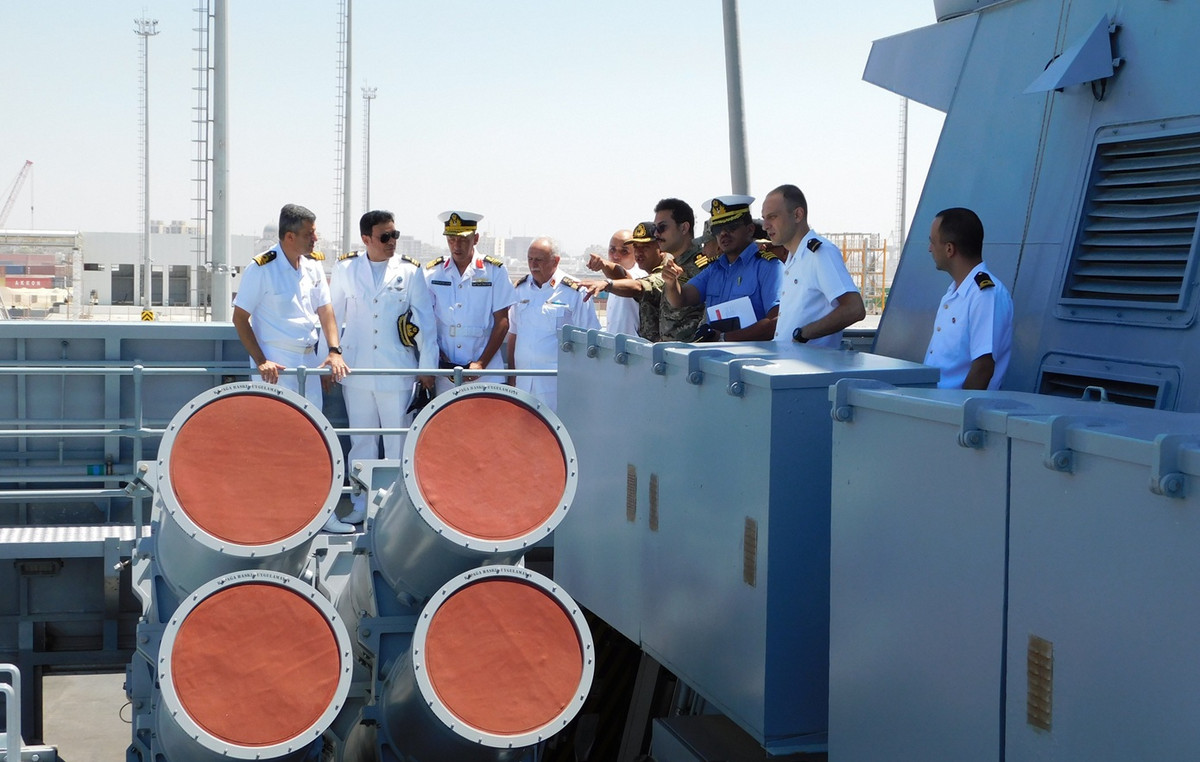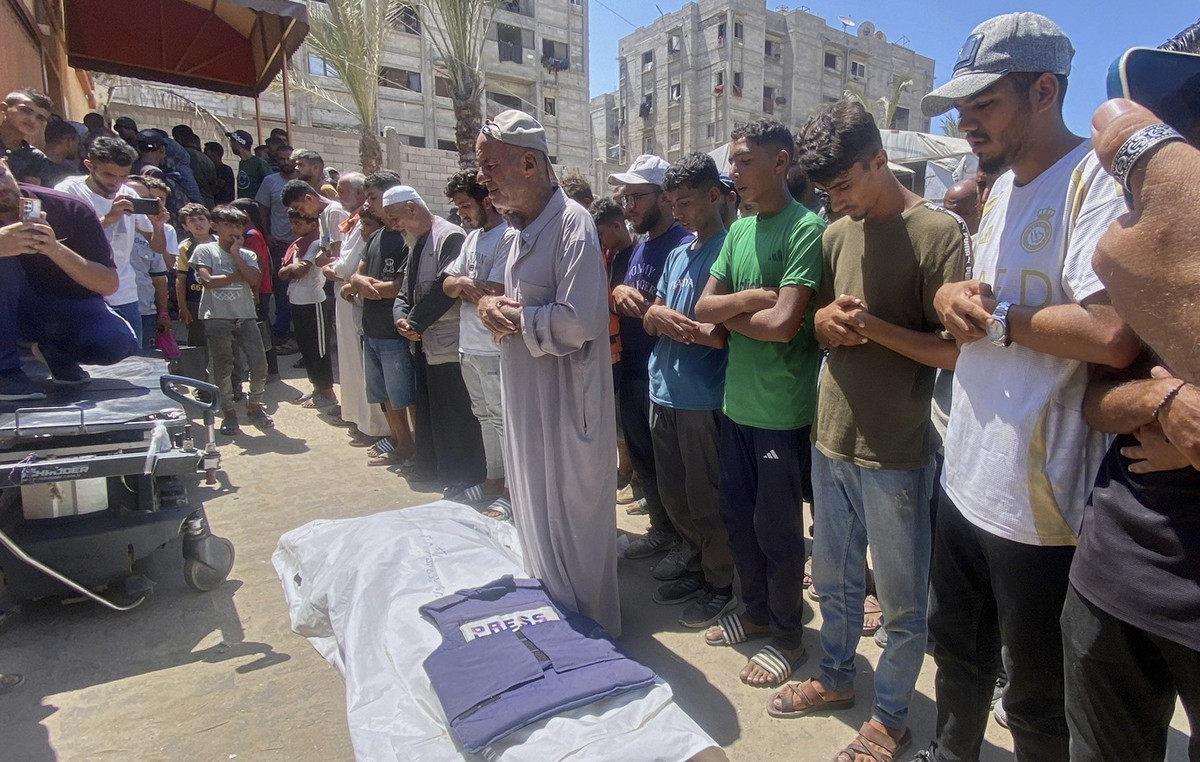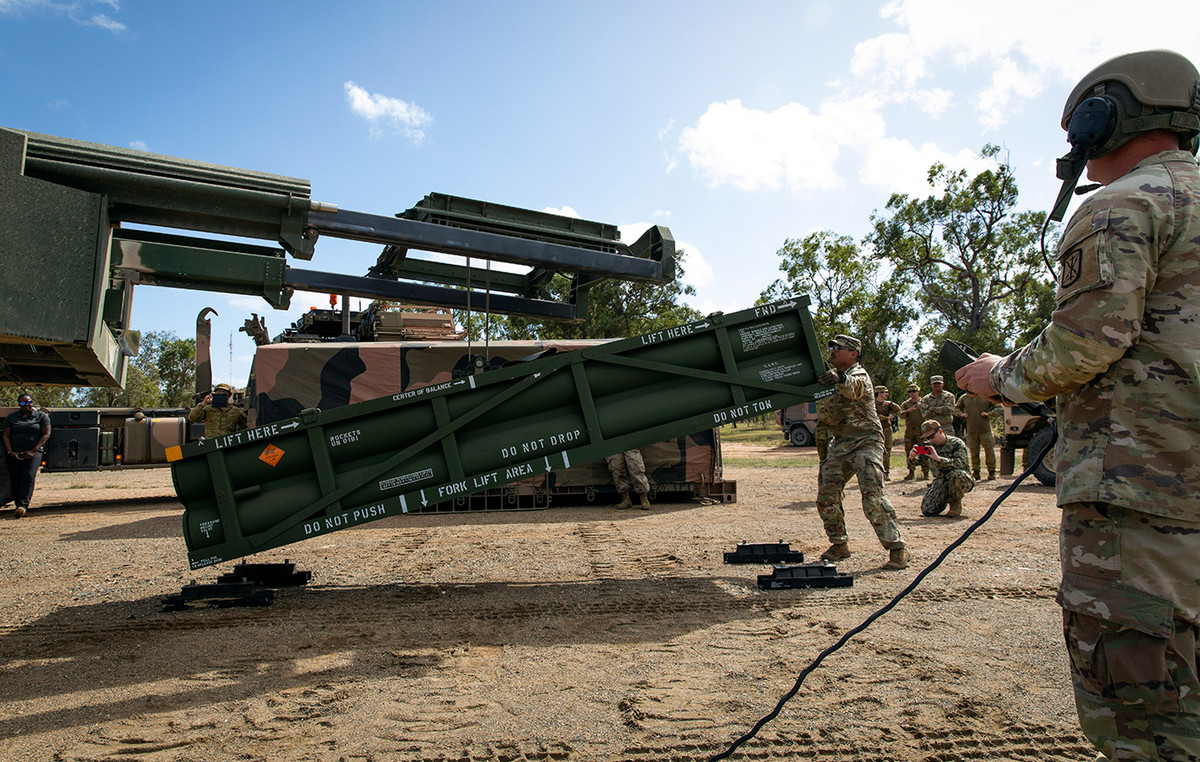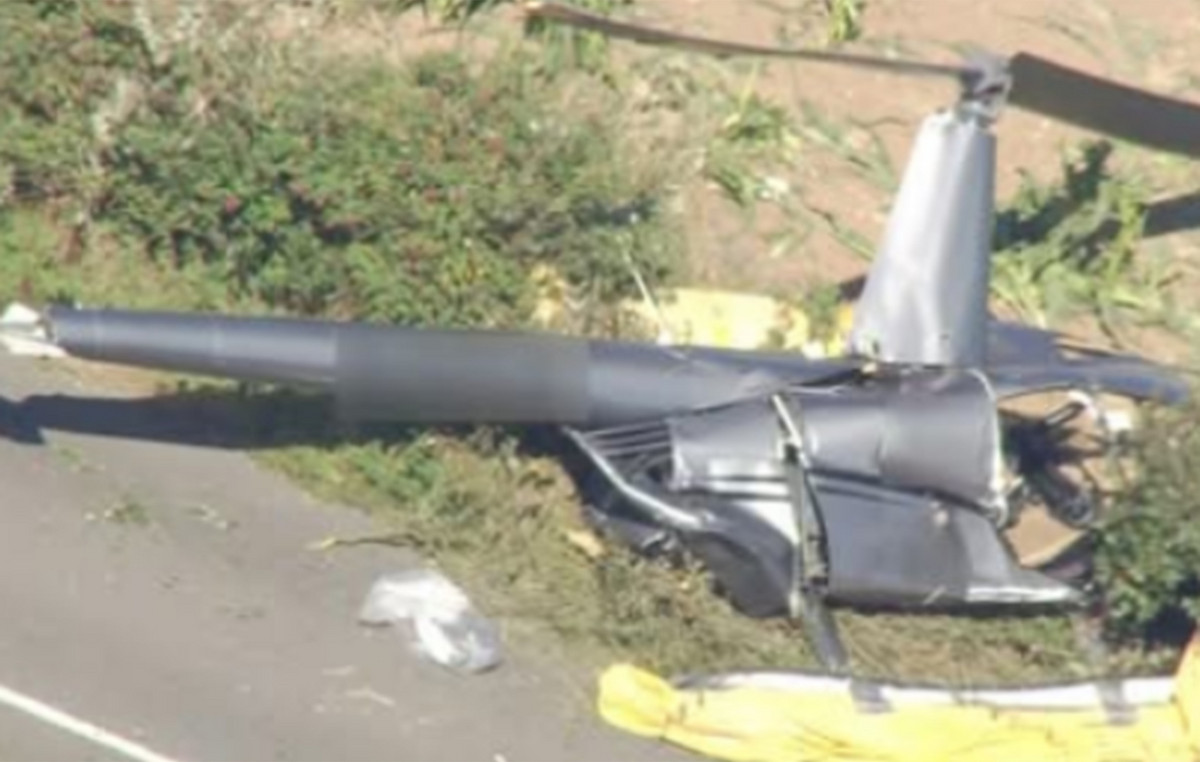Makro is laying the groundwork to bid Brazil farewell after five decades. In a move already anticipated by the market for at least two years, when the network transferred 30 stores to Atacadão, the company now architects the sale of its 24 remaining points of sale in the country.
For that, it hired Santander to find a buyer – the institution, despite having just started working on the case, has already warned all the competition that the deal is on the table.
Still in the hands of the Dutch group SHV, Makro has been present in Brazil for 50 years. By 2020, it had a presence in several states.
By getting rid of most of its stores, concentrating mainly on São Paulo, the company would have become uncompetitive in relation to giants such as Atacadão (from the French group Carrefour) and Assaí (from the French group Casino). Therefore, the Dutch group decided that it is better to throw in the towel.
According to sources heard by Estadão, the 24 stores that remain should yield, at most, R$ 2 billion to the company. It is a value similar to that obtained with the transfer of 30 units to Atacadão, of R$ 1.95 billion.
While Makro has reduced its operations, the big wholesalers have been making strong expansion moves. Recently, around 70 Extra Hiper stores, a brand that Grupo Pão de Açúcar deactivated, were included in the expansion of the Assaí cash and carry banner, which also has Casino as its controller.
Another reason for Makro to say goodbye to the operation in Brazil is the fact that the parent company has already left the retail business in Europe for over 20 years – the brand still exists, but it was licensed to a German group.
SHV has also left retail in Asia and Africa. The other big business of the Dutch group in the country is Supergasbras, in the energy sector.
The sector’s assessment is that Makro, one of the pioneers in cash and carry in the country, missed the boom in the segment. For many years, only those who had a Makro “passport” could buy at the store, which limited the clientele.
More recently, the company opened its doors to the final consumer, accepting credit and debit cards, but it was not enough to make up for lost time.
Growth
In a scenario of inflation, which encourages consumers to seek lower prices, cash and carry continues strongly in the coming years. The approximately 2,000 model stores in the country have annual sales of R$ 230 billion, according to data from the Brazilian Association of Auto-Service Wholesalers (Abaas) and NielsenIQ.
Last year alone, the number of cash and carry stores in the country jumped by 26%, according to the same sources. Therefore, the financial market is betting that there will be interest in Makro points – at the appropriate price.
Sought, Santander did not comment, while Makro said not to comment on market rumors.
The information is from the newspaper O Estado de S. Paulo.
Source: CNN Brasil
I am Sophia william, author of World Stock Market. I have a degree in journalism from the University of Missouri and I have worked as a reporter for several news websites. I have a passion for writing and informing people about the latest news and events happening in the world. I strive to be accurate and unbiased in my reporting, and I hope to provide readers with valuable information that they can use to make informed decisions.







